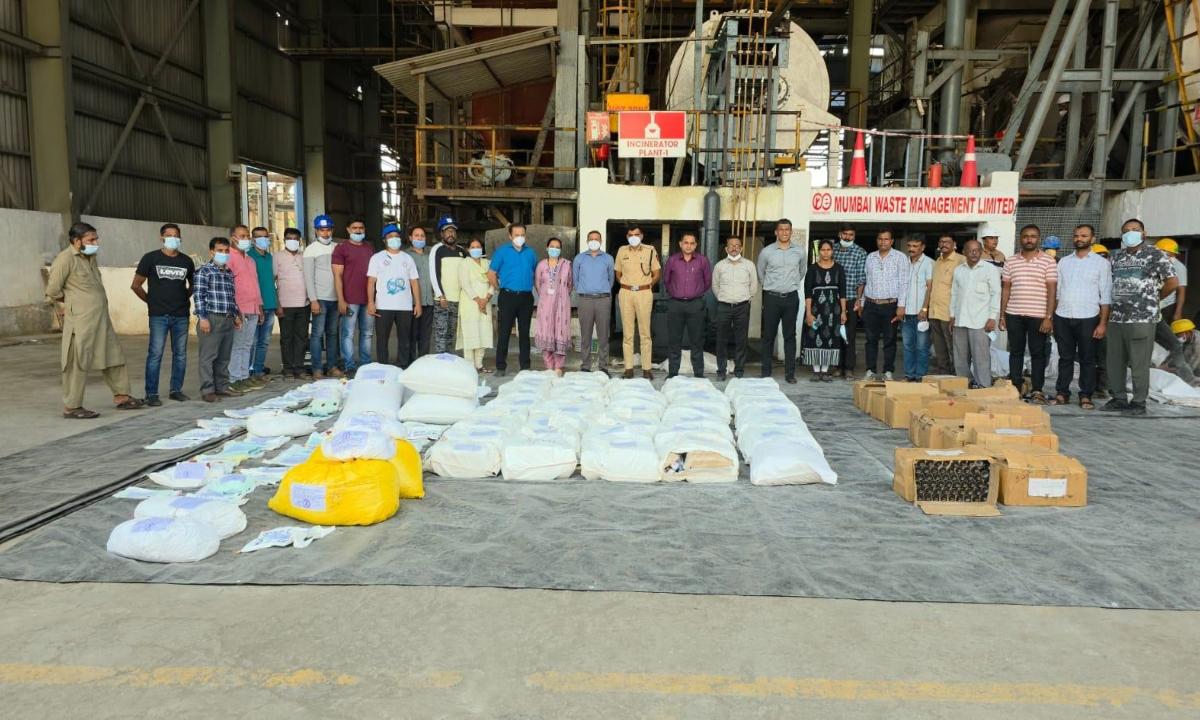A court in Maharashtra`s Thane district has sentenced a man to life imprisonment for murdering his wife in 2020, reported news agency PTI.
Additional Sessions Judge V G Mohite on Wednesday convicted Aakash Meghji Katuva (29) for killing his wife Laxmi Katuva in November 2020 and also imposed a fine of Rs 10,000 on him, reported PTI.
An FIR against Katuva was registered at the Kalwa police station and he has been in custody since his arrest made immediately after the incident, reported PTI.
The couple got married in October 2018.
Additional public prosecutor Rashmi Kshirsagar told the court that the accused regularly harassed the deceased over domestic matters and suspected her character.
On the day of the incident, which took place at their residence in Thane city`s Kalwa area, he assaulted Laxmi with a lid of a pressure cooker on her head after she refused to give money for petrol. After that, he slashed her throat by a small knife and set her on fire by throwing thinner on her, reported PTI.
Kshirsagar stated that a total of 13 prosecution witnesses were examined during the trial to prove the charges against the accused, reported PTI.
“The oral evidence of the medical officer and the contents of the post-mortem report clearly show the death of Laxmi was homicidal. There was an incised wound on her neck by sharp edged weapon and remaining injuries were by hard and blunt object, which were collectively sufficient to cause her death. At the same time, the burn injury is also individually sufficient to cause her death,” the court said, reported PTI.
“There is nothing on record to show that Laxmi has accidentally sustained burn injury as mentioned above either due to blast of stove or any other way suggested by the defence while cross-examination of prosecution witness,” it said, reported PTI.
The prosecution has proved beyond reasonable doubt that the accused committed the murder, the court added.
While the prosecution sought strictest possible punishment, the court noted that the case did not fall under the “rarest of rare” category required for a death sentence.
(With inputs from PTI)











